
Harvard Doctor Says No to These 4 Inflammatory Foods
Harvard Gut Doctor Avoids These 4 Inflammatory Foods—Here’s What She Eats Instead
Chronic inflammation can quietly undermine your health, contributing to a wide range of conditions—from heart disease to fatigue. According to Dr. Jacqueline Wolf, a gastroenterologist at Harvard Medical School, what you eat plays a crucial role in either fueling or fighting inflammation. In a recent piece for CNBC, Dr. Wolf outlined four specific foods she personally avoids to reduce inflammation and improve overall well-being.
Harvard Doctor Says No to These 4 Inflammatory Foods

The saying "you are what you eat" has never been more relevant. As research continues to reveal the far-reaching effects of inflammation, diet remains one of the most powerful tools for prevention. Dr. Wolf identifies four common foods that promote inflammation—and recommends healthier swaps.
1. Highly Processed Coconut and Palm Oils
While coconut and palm oils are popular in cooking and packaged foods, they are high in saturated fats, which can trigger inflammation and increase the risk of cardiovascular disease.
✅ Healthier Choice:
Use extra-virgin olive oil or flaxseed oil, both rich in healthy fats like omega-3s and antioxidants that help fight inflammation.
2. Fatty and Processed Meats
Meats like sausage, bacon, pork, and fatty cuts of beef are also high in saturated fats. Consumed regularly, they can promote inflammation and elevate the risk of chronic diseases, including heart disease.
✅ Healthier Choice:
Swap these for lean proteins such as skinless chicken, fish, or plant-based proteins like beans and lentils.
3. Highly Processed Foods
Fast food, frozen meals, and other ultra-processed snacks are packed with artificial additives, preservatives, and trans fats—all of which are known to increase inflammation.
✅ Healthier Choice:
Focus on whole foods like fresh fruits, vegetables, whole grains, and nuts. Choose items with short, recognizable ingredient lists—and avoid heavily packaged products when possible.
4. Sugary Drinks
Sodas, energy drinks, sports beverages, and sweetened juices are high in added sugars and offer little to no nutritional value. Excess sugar intake is a well-known driver of inflammation and chronic conditions such as obesity, diabetes, and heart disease.
✅ Healthier Choice:
Opt for herbal teas, infused water, or plain water flavored with citrus, herbs, or berries for a refreshing, anti-inflammatory alternative.
What Is Inflammation?
Inflammation is your body’s natural response to injury or infection. It’s part of the immune system’s defense mechanism, sending blood and immune cells to the affected area to promote healing. Acute inflammation—like swelling from a cut—is beneficial and temporary.
However, chronic inflammation is a persistent, low-grade response that can damage healthy tissues over time. It has been linked to numerous health problems, including autoimmune diseases, digestive disorders, and cardiovascular issues.
The Takeaway
To support long-term health and reduce inflammation, Dr. Jacqueline Wolf recommends cutting back on coconut and palm oil, fatty meats, highly processed foods, and sugary drinks. Instead, nourish your body with whole, unprocessed foods, lean proteins, and anti-inflammatory oils.
By making these simple dietary changes, you can not only help manage inflammation but also boost your overall energy and well-being.
News in the same category


If You Have Tiny White Bumps on Your Face, Don’t Try to Remove Them!

5 Early Warning Signs of Liver Cancer You Should Never Ignore—Even If They Seem Subtle

Before Cancer Knocks: 4 Warning Signs in Your Hands and Feet You Should Never Ignore

Silent Signs of Kidney Cancer Many People Overlook

The Science Behind Why Your Body Jerks As You Fall Asleep

Man Eats Slug on a Dare, Leading to Tragic Consequences Years Later

Doctor Explains Why You Might Need to Poop Right After Eating — And It’s Not Just IBS

Don’t overlook these small red spots on your arm – They could be important warning signs

If You Don’t Get These 5 Health Screenings, You Might Not Know You Have Cancer! It's Best to Check These Areas Regularly

Warning: Strange Nail Shapes Could Be a Sign of Dangerous Cancer
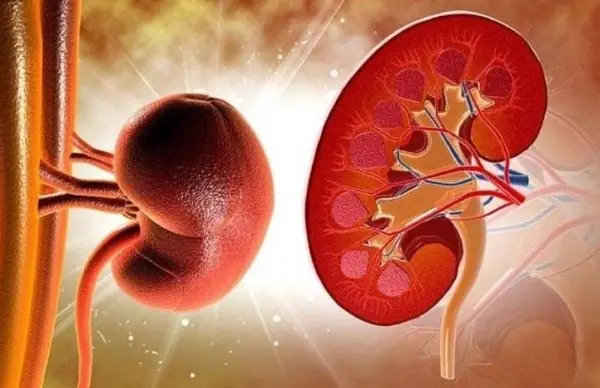
5 Early Signs of Kidney Failure You Need to Know: #3 Is Common But Often Ignored
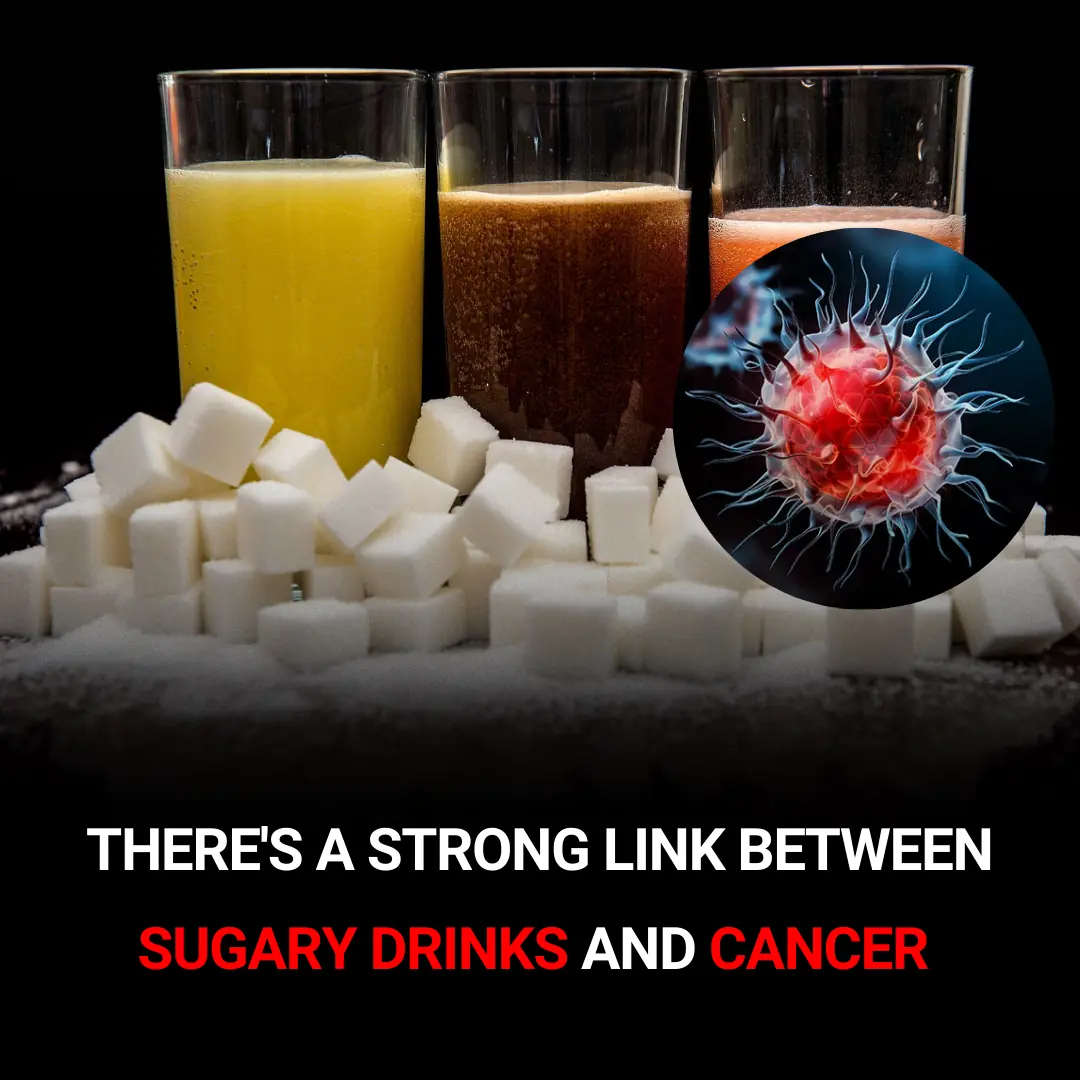
Think Before You Sip: The Hidden Link Between Sugary Drinks and Oral Cancer

Pineapple-Infused Water, Anyone? Discover the Benefits, Tips, and Refreshing Recipes

How Much Water You Actually Need to Drink Each Day – And Why It Matters
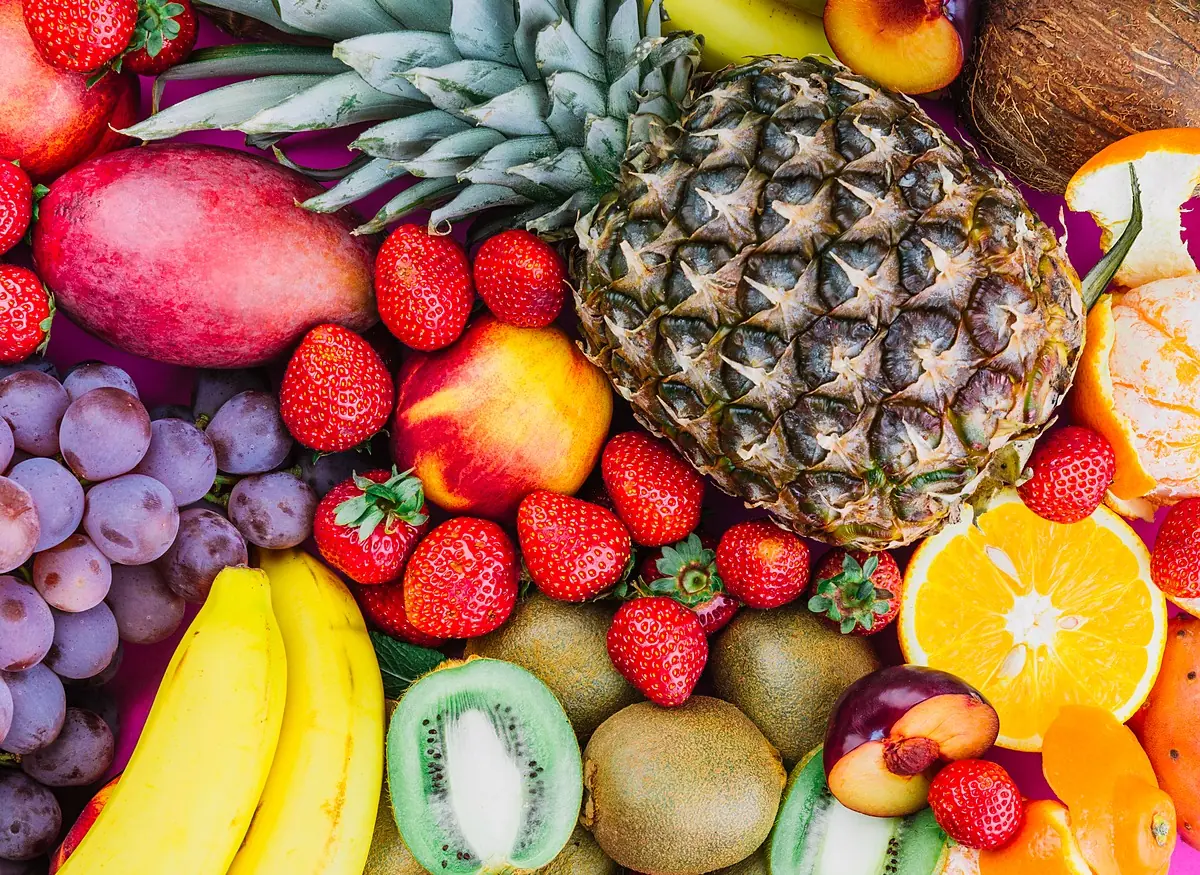
5 Fruits Listed in the ‘Black Book’ That May Promote Cancer Cell Growth: Avoid Them No Matter How Cheap They Are

25-year-old woman explains condition that makes her ‘look like an 8-year-old’
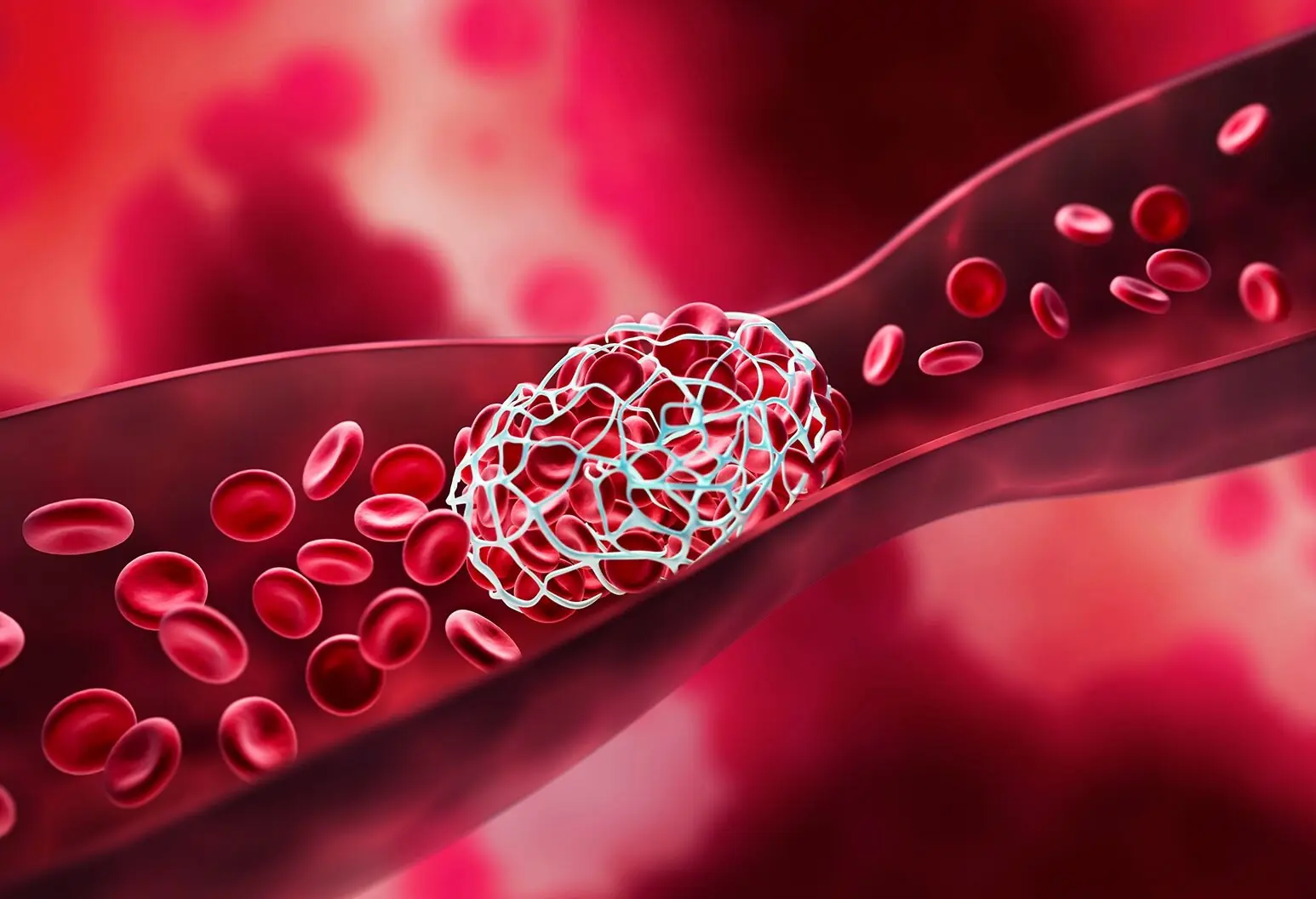
When There's a Blood Clot in the Body, It May Send You 4 Warning Signals You Shouldn't Ignore

Inside The 36-hour Fast: How Your Body Transforms Hour By Hour In Viral New Simulation
News Post

Why You Should Try Placing Aluminum Foil Behind Your Router

6 Hard Truths About Losing a Parent

Why Do Button-Down Shirts Have Loops on the Back?

If You Have Tiny White Bumps on Your Face, Don’t Try to Remove Them!

5 Early Warning Signs of Liver Cancer You Should Never Ignore—Even If They Seem Subtle

Before Cancer Knocks: 4 Warning Signs in Your Hands and Feet You Should Never Ignore

Silent Signs of Kidney Cancer Many People Overlook

Scientists Stunned By Space Station Bacteria That’s Never Been Seen On Earth

The “Small Round Hole” On The Nail Clipper Has Special And Powerful Uses, And I Had No Idea

Papaya Flowers Soaked in Honey: A Potent Natural Remedy

This Natural Nail Fungus Killer Works Fast: Garlic!
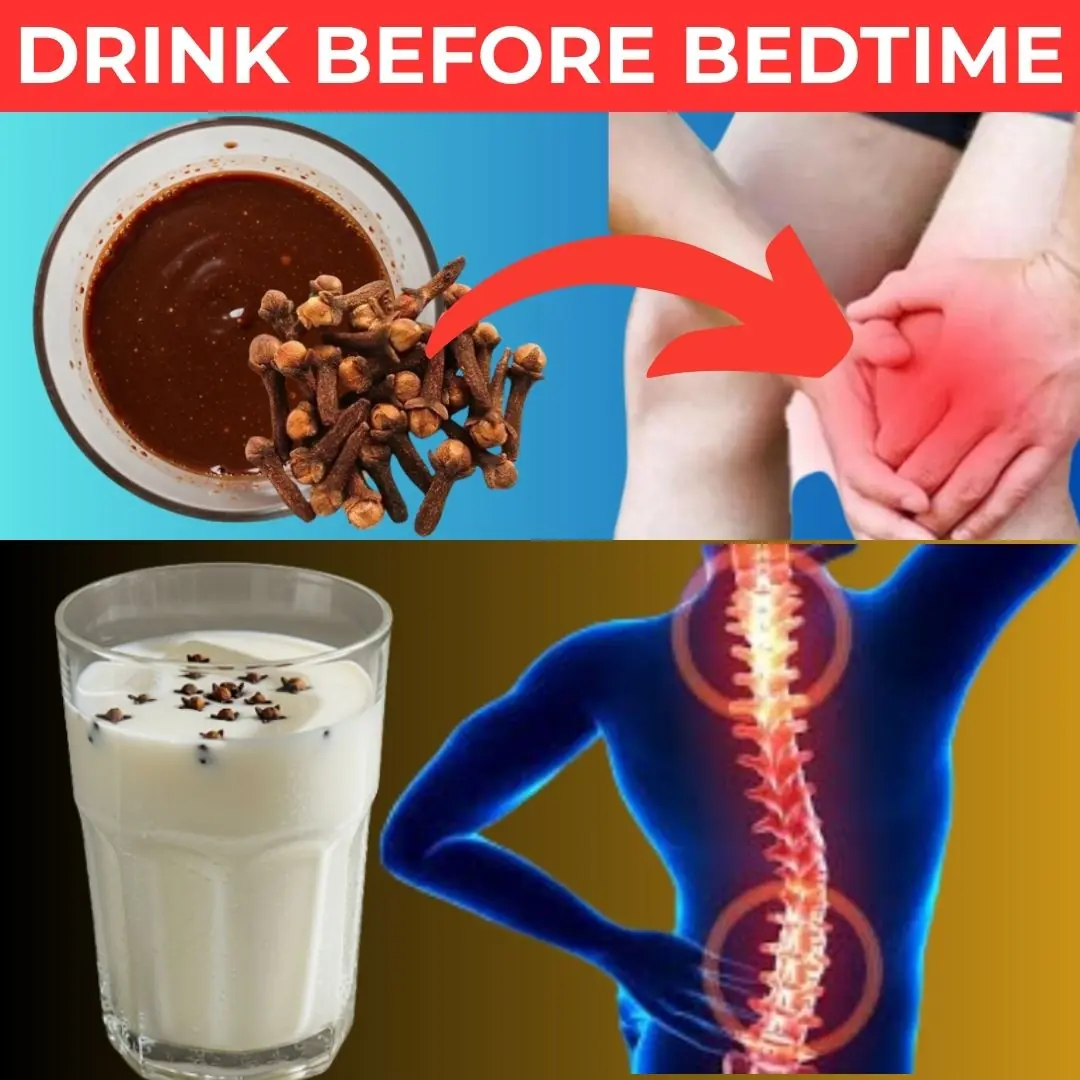
Old Doctor’s Remedy: Almond Milk with Cloves Treats 15 Health Problems in Just 1 Week
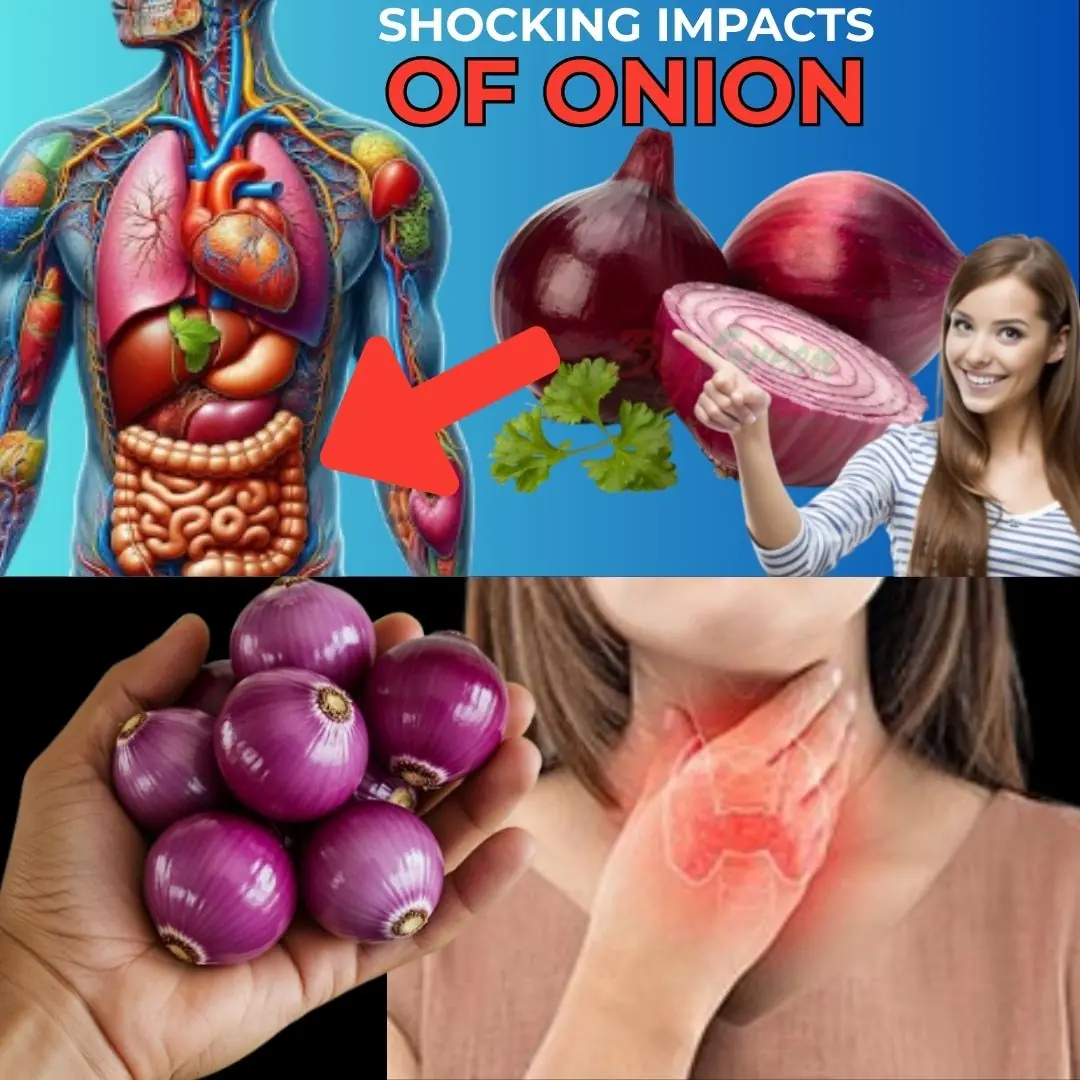
The Amazing Health Benefits of Onions: Why This Kitchen Staple Deserves a Spot in Your Wellness Routine

My Daughter Told Me Not to Visit Her Family Again — Days Later, She Was at My Door Begging

300,000 Americans on Alert as Massive 11,000-Foot Volcano Shows Signs of Imminent Eruption

A Week After Moving in, He Gave Me a ‘House Uniform’—He Wasn’t Ready for What Came Next

Supercomputer Delivers Chilling Forecast for Humanity’s Future on Earth

A seven-year-old orphan boy was about to be disconnected from life support machines, but at the very last moment, he whispered a few words.
